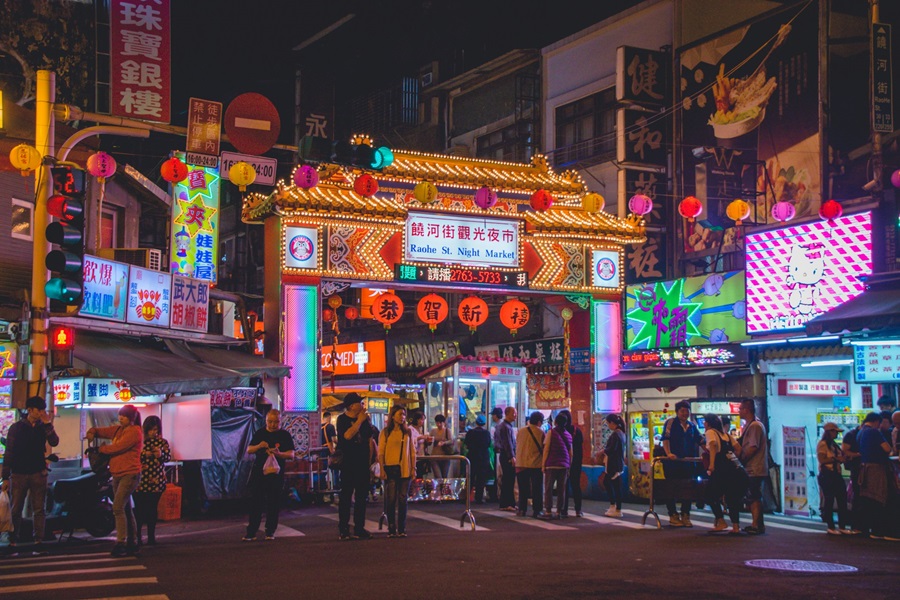What follows is not the charting of events we should expect now China has fixed its “invasion sights” on the island of Taiwan. Instead, it is a reflection on occupations that have already occurred, overlooked by those who predict a looming invasion.
The First Sino-Japanese war of 1894-95 resulted in humiliating defeat for China. As with almost all such brutal conflicts, land proved the Spoil of War. In this case, China was forced to hand Korea and Taiwan over to Japan, beginning for both fifty-years of occupation. These of course ended with Japan’s defeat in 1945.
Whereas Korea would find itself consumed by conflict and division to this day, Taiwan was returned to China “in the whole.” It was reunited, however, markedly different from when last as one with the mainland. By 1945, Japanese was spoken within Taiwan as much as, if not more than, mandarin. When troops from the Chinese mainland arrived in very late 1945, they were greeted warmly by the Taiwanese; a welcome which would, however, prove short-lived.
By 1947, the increasingly heavy-handed mainlanders became viewed by the Taiwanese as all too often tyrannical occupiers. Two years later, following his defeat to Mao’s communist forces, Chiang Kai-Shek landed in Taiwan, bringing with him close to a million of his mainland loyalists (at the time the local population was 6m); the KMT imposing strict martial law. The latter would not be lifted for 38 years, over which time the interlopers from the mainland would broach no political dissent from locals. Indeed, one can reasonably claim that to this day indigenous Taiwanese live under occupation by those who originate from the mainland. So, then, to those who confidently and chillingly foresee mainland China surging into Taiwan, your prediction is 75 years too late.
There will no doubt be those who will make the case that precisely because Taiwan has been so prized in the past, China will soon pounce hard upon it again. If this were indeed to happen, one could hardly overstate the consequences. An entirely new invasion would of course escalate geo-political cold-war tensions; not simply compounding the consequences of Russia’s attack on Ukraine, but, by comparison, making matters chillingly much colder.
It is precisely because of the enormous asymmetry in the costs and benefits of an invasion, that those in control of China will not act in such a reckless way. If China deployed its military power against Taiwan’s not inconsiderable armed-forces, it would, without doubt, have to contest with the might of the US.
Instead, China could hit Taiwan’s Achilles heel economically; specifically, the heavy reliance of its economy on the manufacture and export of semi-conductors. True, global chip shortages over the past three years have benefited those with capacity to make them. No less true is that mainland China is adding considerable new capacity to meet its own increasing demands, as well as to more compete in export markets; Chinese chip production up an impressive 34% y/y in Dec. ’23. We need appreciate too how China has systematically bought-up more and more of the world’s rare earth mineral assets.
The simple question is: why would China pounce on Taiwan militarily with the inordinate costs associated, when it can more affordably chip away at it monetarily?




